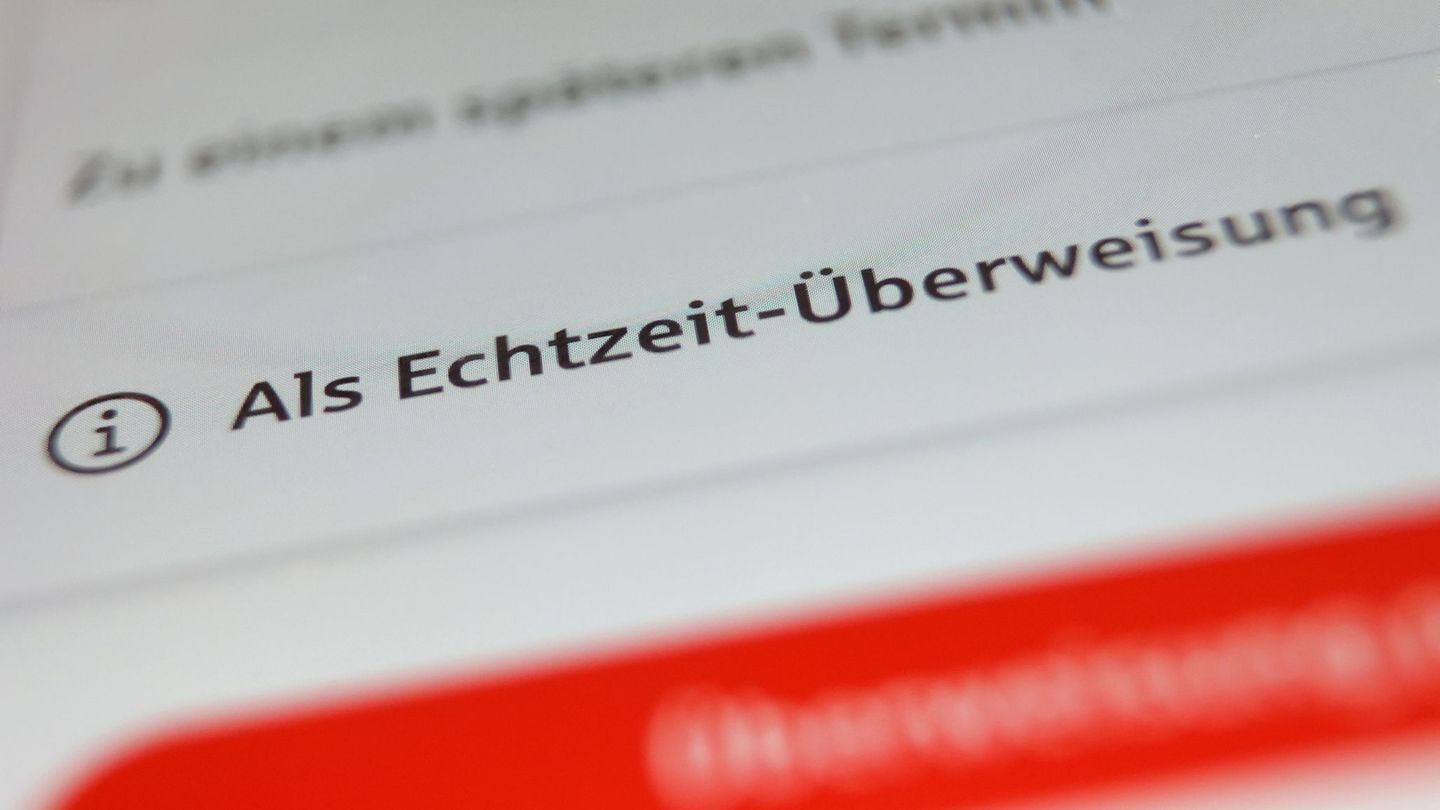Doubts about the controversial gas levy are getting louder. Above all, there is criticism because companies that are doing well financially could also benefit.
Doubts and criticism of the controversial gas surcharge do not stop. The FDP energy politician Michael Kruse has called for improvements. “As Free Democrats, we are committed to ensuring that the gas levy only supports companies that are in a market-threatening imbalance,” said the energy policy spokesman for the FDP parliamentary group on Thursday of the German Press Agency in Berlin. Economics Minister Robert Habeck (Greens) would be well advised to tighten up at this point and adjust the basis for the levy.
In order to support gas importers, gas customers will have to pay a levy of 2.419 cents per kilowatt hour from autumn. There is criticism of the levy because companies that are doing well financially could also benefit from it.
SPD also sees open questions
SPD faction deputy Matthias Miersch also sees at least open questions in the controversial gas levy. He told the German Press Agency: “The SPD parliamentary group will insist that only applications for financial relief from companies whose existence is threatened by the current price trend can be successful. That must be ensured.”
According to Miersch, it is not for nothing that the Bundestag has enshrined a two-month right of parliamentary intervention in the Energy Security Act. “At the same time, questions arise as to how far we can go alternative ways of relieving these companies – beyond a levy, such as by using taxpayers’ money.”
Green leader renews demand for excess profit tax
Green co-chair Ricarda Lang renewed the demand for an excess profit tax in view of the ongoing criticism. Lang said: “Of course, it bothers my sense of justice when companies that make big profits elsewhere now want to shift their costs to consumers at an early stage.” At the same time, however, it is legally quite difficult to restrict the data situation to individual companies that are systemically important or threatened with insolvency.
Political solutions are needed in situations in which law and justice diverge. The logical consequence is therefore an excess profit tax for energy companies, said Lang. The purpose of the levy is to ensure security of supply, prevent insolvency of suppliers and ensure that there are no gas shortages in autumn and winter.
criticism of the Union
The CDU wants to overturn the levy via the Bundestag. “The fact that the Union wants to stop the gas levy in the Bundestag shows that it is continuing its blind flight in energy policy over the past few years and has learned nothing from the mistakes of the past, which have brought us to the current situation in the first place,” said Kruse. “Without the levy, the entire gas supply in Germany would be at risk, and without the levy, many regional gas suppliers would face financial difficulties and supply bottlenecks that could hardly be overcome.”
It is a mammoth project to liberate Germany from its dependence on “Putin gas” in the very short term, Kruse said. “I have no sympathy for the fact that the Union apparently does not want to go along this path constructively and thus accepts considerable risks for citizens and companies.”
Source: Stern
Jane Stock is a technology author, who has written for 24 Hours World. She writes about the latest in technology news and trends, and is always on the lookout for new and innovative ways to improve his audience’s experience.




